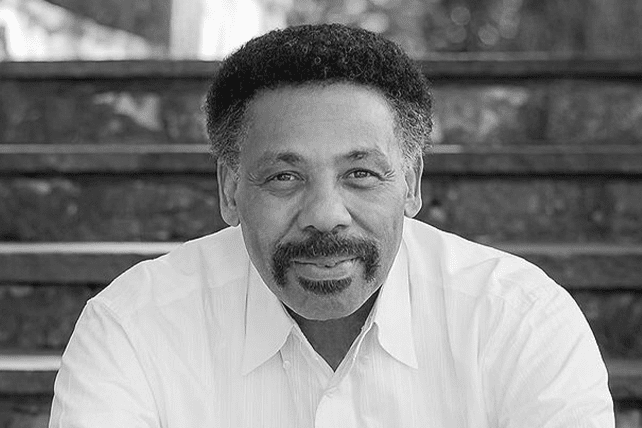Black History Month: Evangelical Leaders Speak Out About Racial Reconciliation
“The Bible is the primary source for legitimate racial pride, self-authentication, self-analysis, intercultural and cross-cultural analysis and determining god’s view of a group’s national purpose,” Evans posted on Facebook in honor of Black History Month.
He spoke of his own experience growing up in “urban America during the Civil Rights Era in a Christian context of racism, segregation and an incomplete historical education.” Evans learned of white history—of how Paul Revere shouted his message at midnight. But he didn’t learn until much later that a Black man named Wentworth Cheswell carried the very same message.
Other Christian leaders have also spoken to the importance of Black History Month and racial reconciliation, including author and theologian Esau McCaulley.
“Americans have not been taught enough about anti-Black racism in our past and present. This, to my mind, is beyond dispute. We are poorer as a nation for these omissions,” McCaulley has written. “African American history forces us to view the Black experience of injustice not as the interruption of or caveat to an otherwise grand narrative, but as a compelling story in its own right.”
In a 2022 interview, actor Terry Crews shared how he’s worked to overcome his own anger issues. After living in an abusive home, Crews has learned what real strength is and how to channel righteous anger. “And when I look at America, dividing it is going to kill it,” Crews said. “We have to reconcile. White and Black, male and female, Republican [and] Democrat—we have to find a way to reconcile, or we’re going to kill what we have.”
Evans concluded his article, “Black History Month gives us an opportunity to familiarize ourselves with our own past in such a way that will enable us to embrace our diversity to its fullest, putting unity to use for good.” He said, “When we do that—when we knowledgeably serve side by side—there will be no stopping what we can do in the name of Jesus Christ.”

